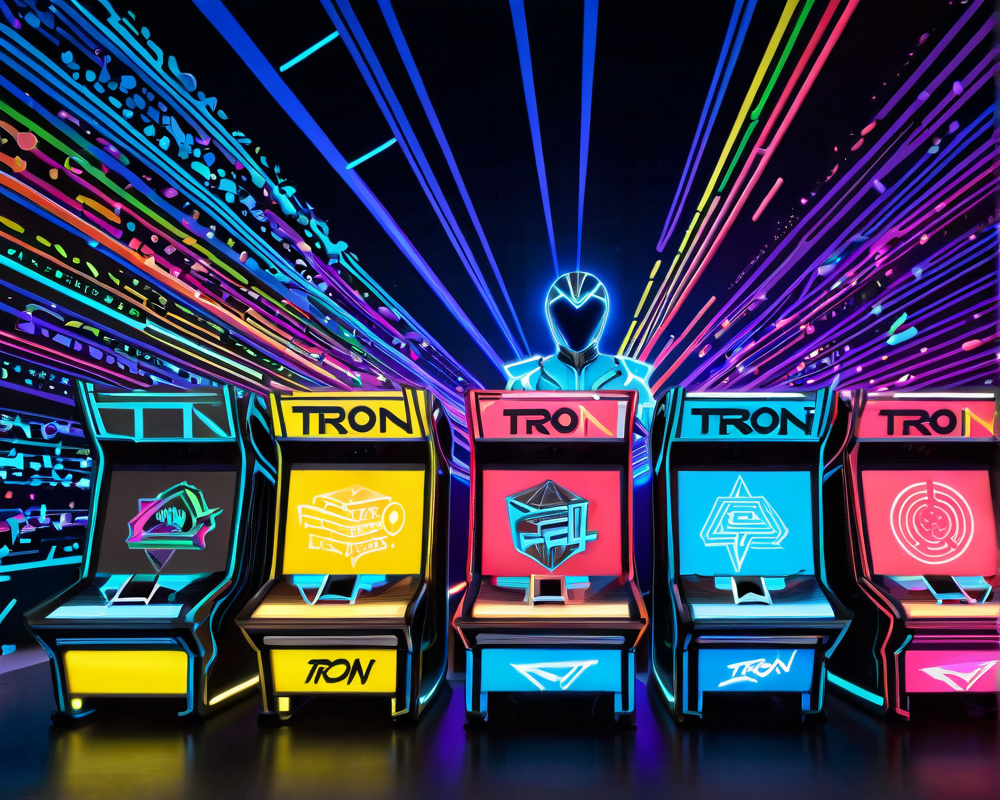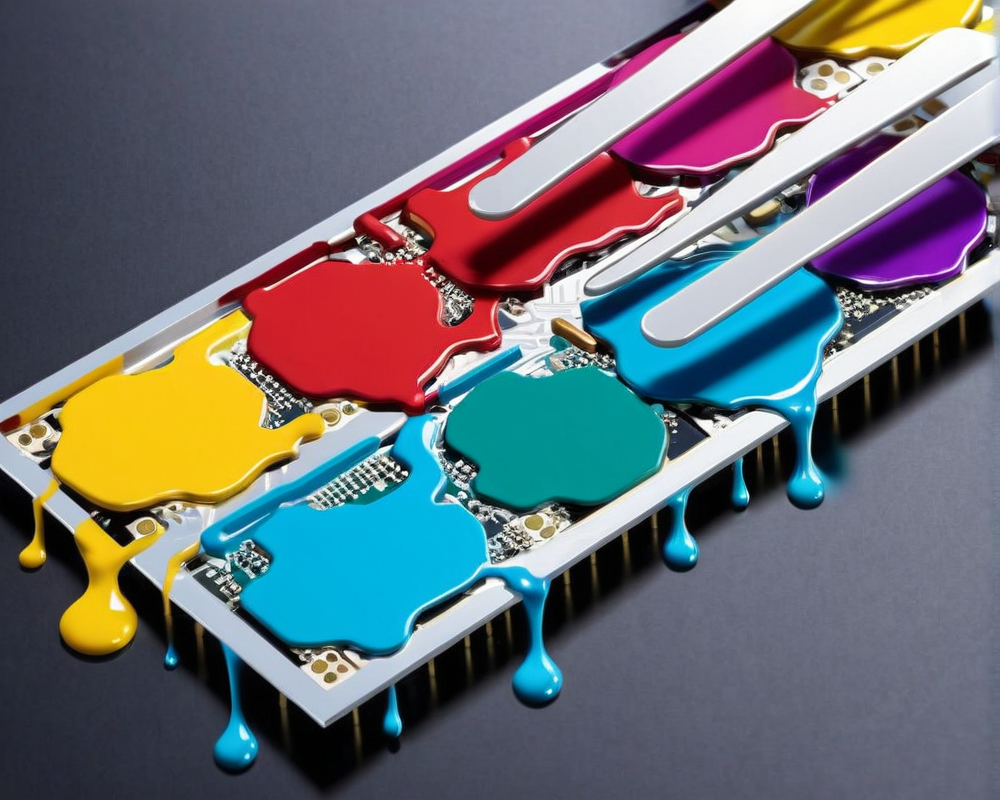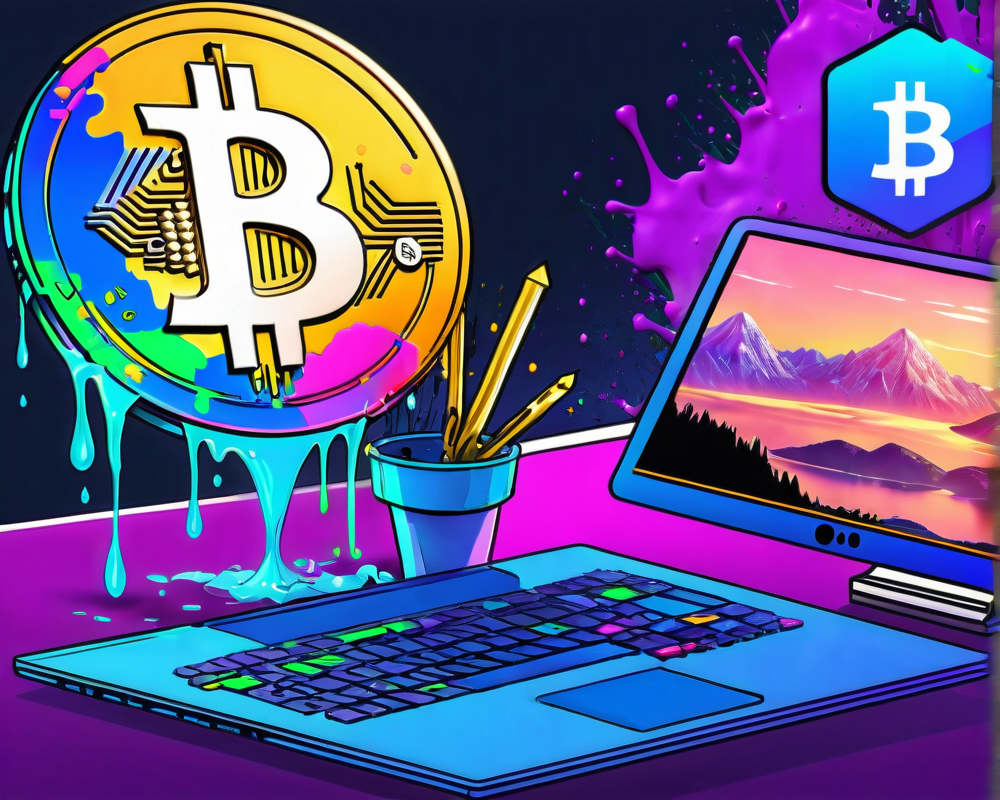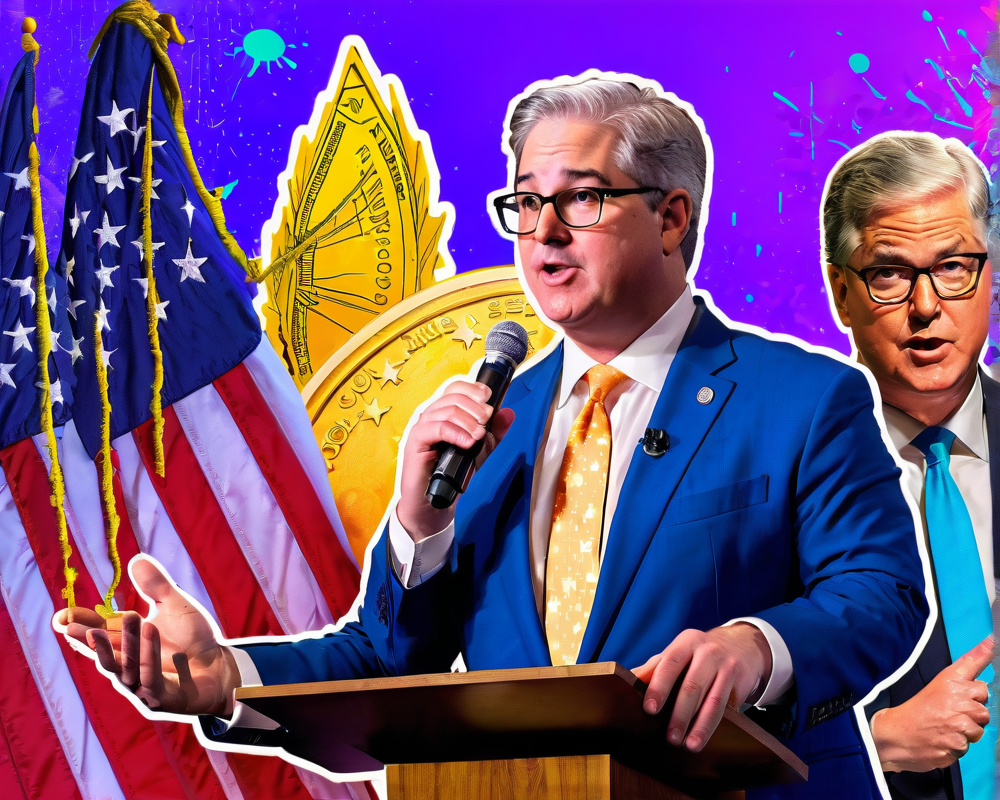A Shocking Twist in the Tron Community
On February 19, the Tron community found itself in a whirlwind of excitement and disbelief when it was revealed that Justin Sun’s infamous Zion wallet had voted for two apps—Tron-Ace and Tron-Bet—as Super Representatives (SR). This action raised eyebrows faster than a coffee drinker at a meeting about decaf.
What Are Super Representatives, Anyway?
For those not entrenched in the cryptoverse, Super Representatives are like the cool kids in Tron’s blockchain playground. They oversee block production, play a role in governance, and get rewarded with a juicy portion of coin distribution. Essentially, they’re the ones holding all the cards, and not just the ones that could win poker night.
Votes With a Side of Controversy
But here’s the kicker—some members of the community are drawing a line in the sand, claiming that Justin Sun and the Tron Foundation have bypassed community rules by using Zion, the very address that was gifted 99 billion TRX at Tron’s inception. The irony? It’s the same address that was legally designated for community voting. Yet, it seems the community’s voice has been overshadowed by a single address’s questionable vote.
The Community Responds
- "The vote in of the Tron-Bet and Tron-Ace was done using the ZION account. Can we get an explanation please?" – A frustrated community member
- Another user lamented how Zion’s vested interests seemingly contradict Justin Sun’s vow of impartiality in voting.
The Ripple Effect of Zion’s Votes
Adding fuel to the fire, TronWalletMe’s marketing guru, Misha Lederman, discovered a third SR influenced by the Zion account—Poloniex. The irony isn’t lost on anyone: Justin Sun had acquired Poloniex back in 2019. Was the SR election just a case of the old boys’ club at work? Or does the phrase “all is fair in love and blockchain” still hold water?
Are Community Votes Truly Just That?
Rovak, a dApp developer, succinctly stated the crux of the issue:
“It is not OK to use these tokens if the elections are supposed to be 100% community driven.”
However, if SR voters wield monopolizing power by utilizing significant backing, can it truly be considered community-driven? It puts a new spin on the old adage: “With great power comes great responsibility… and maybe a bit of shadiness.”
What Lies Ahead for Tron?
Almost a year after Binance took the reins as the top SR, controlling over half of the Tron network, the debate around who really holds the power rages on. As frustration simmers beneath the surface, Twitter user @GodOvCrypto made a choice prediction:
“I am surprised there are still community SR’s in the top 27. Give it a year and they will be way down as businesses will do what @binance did and just buy their way to the top.”
If the current trends continue, we might witness more shakeups than a badly shaken soda on a hot day.




